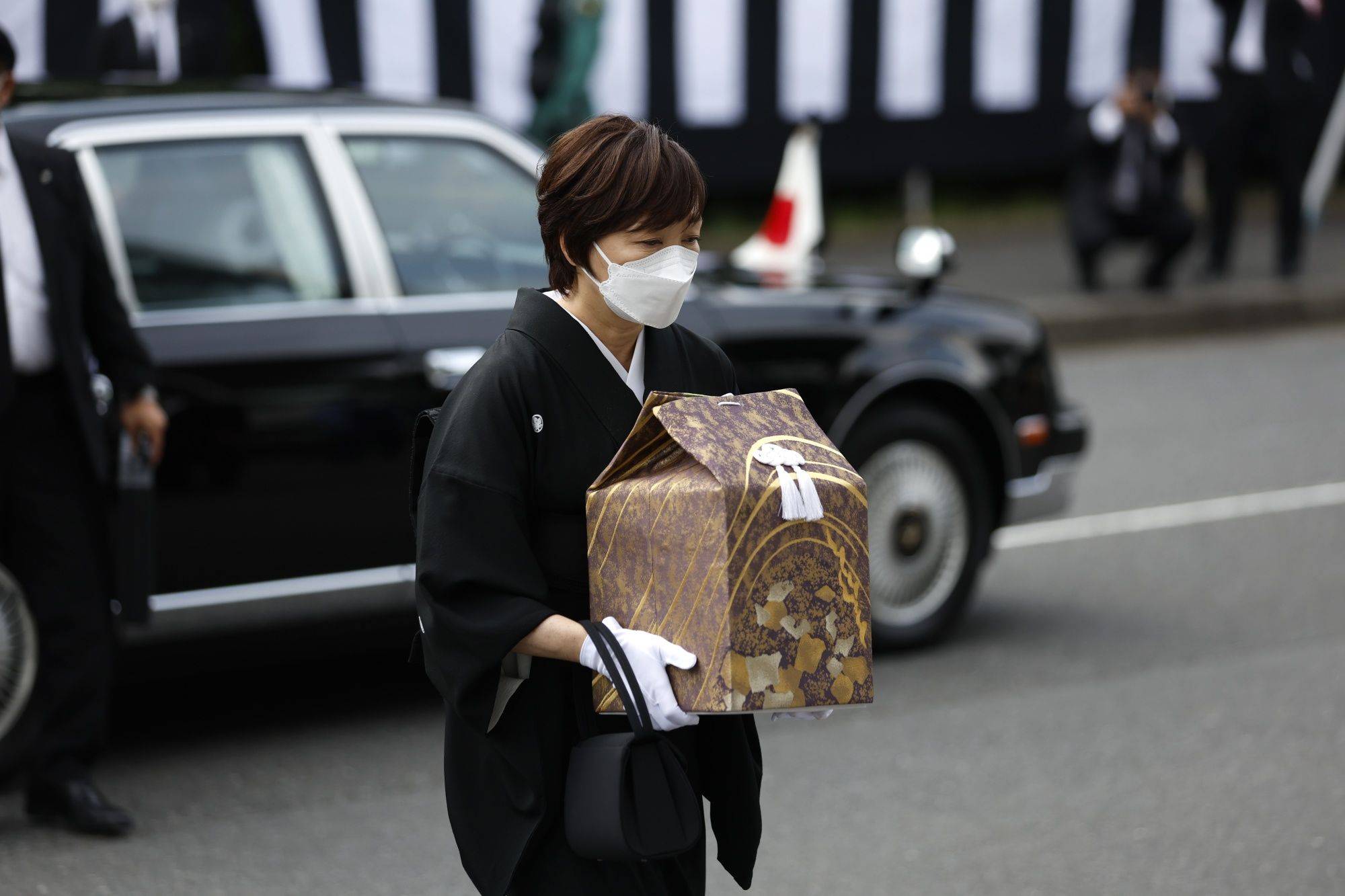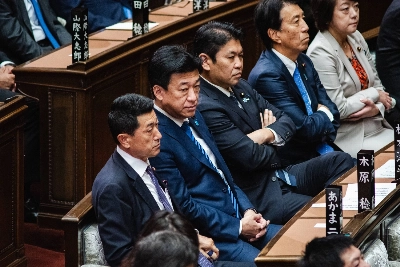Spare a thought for Japanese Prime Minister Fumio Kishida, watching the pomp and circumstance of last week’s state funeral for Queen Elizabeth II.
Kishida’s plan to hold a ceremonial farewell for Shinzo Abe, Japan’s longest-serving premier who was assassinated on the campaign trail just two days before Upper House elections this July, was likely intended to be a similarly uniting moment for the country. Instead, it has deepened partisan divides, collapsed Kishida’s polling numbers, and is threatening to turn him into Japan’s latest short-term leader.
State funerals are, admittedly, an uncommon sight in Japan. Only a handful have taken place in the postwar period, and only once for a prime minister — that of Shigeru Yoshida, the man who began to rebuild Japan after World War II. Other officials, such as the great Cold War-era prime minister Yasuhiro Nakasone have been given ceremonies one level below, with costs split between the ruling party and the government.



















With your current subscription plan you can comment on stories. However, before writing your first comment, please create a display name in the Profile section of your subscriber account page.